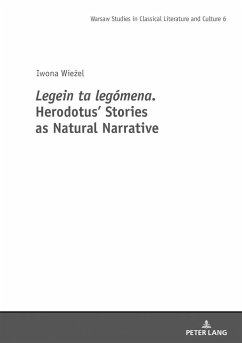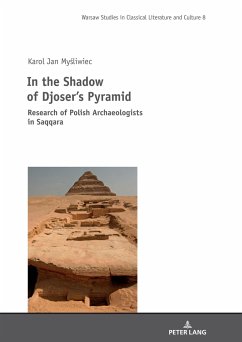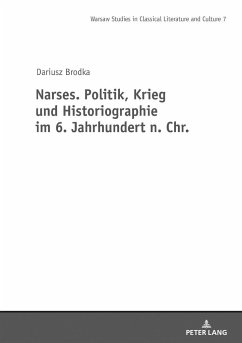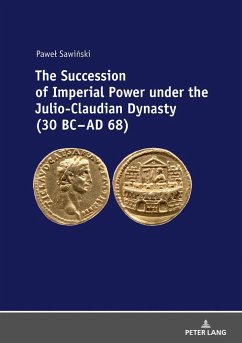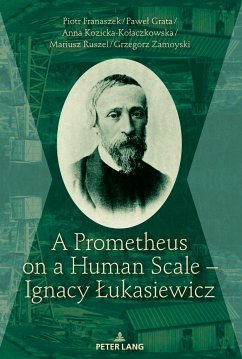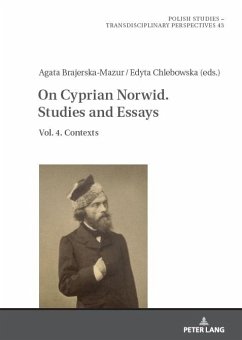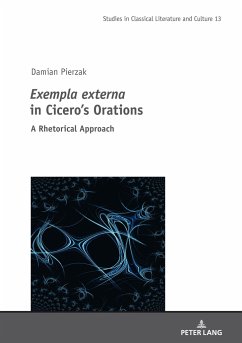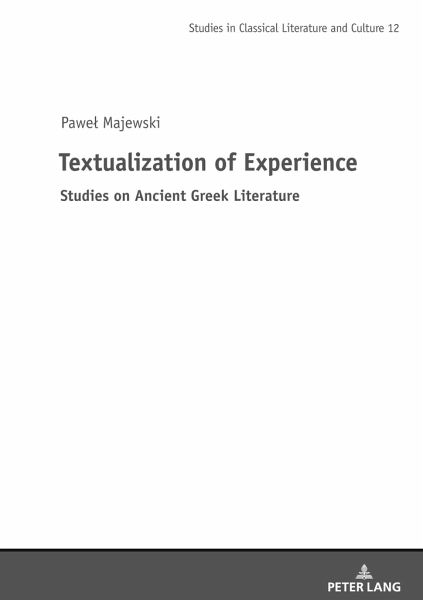
Textualization of Experience
Studies on Ancient Greek Literature
Herausgegeben: Szymanski, Mikolaj
Versandkostenfrei!
Versandfertig in 6-10 Tagen
60,50 €
inkl. MwSt.

PAYBACK Punkte
0 °P sammeln!
The book is an analysis of Greek Hellenistic literature with the help of conceptual tools of cultural studies and media theory. Its main aim is to describe the cultural process during which Greek authors in the 4th and 3rd centuries B.C. made the "textualization of experience", that is, transferred phenomenalistically understood qualities of human sensory experience to the categories characteristic for textual description - as far as possible for them. This process is shown by examples from the works of Xenophon, Aristotle, Theophrastus, Philitas of Kos and Archimedes. The author also tries to...
The book is an analysis of Greek Hellenistic literature with the help of conceptual tools of cultural studies and media theory. Its main aim is to describe the cultural process during which Greek authors in the 4th and 3rd centuries B.C. made the "textualization of experience", that is, transferred phenomenalistically understood qualities of human sensory experience to the categories characteristic for textual description - as far as possible for them. This process is shown by examples from the works of Xenophon, Aristotle, Theophrastus, Philitas of Kos and Archimedes. The author also tries to show some of the consequences that the phenomenon of the Hellenistic textualization of experience had for the later epochs of European culture.



